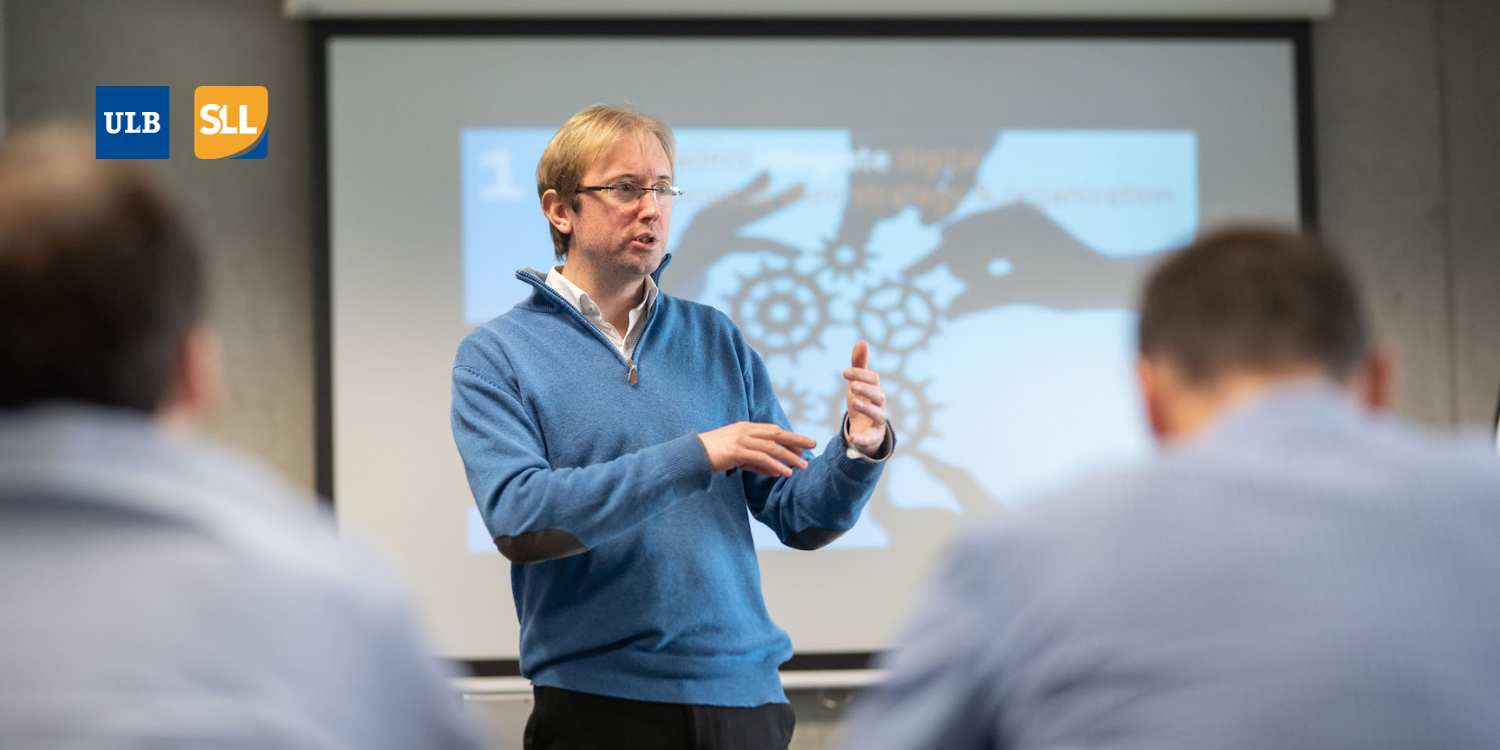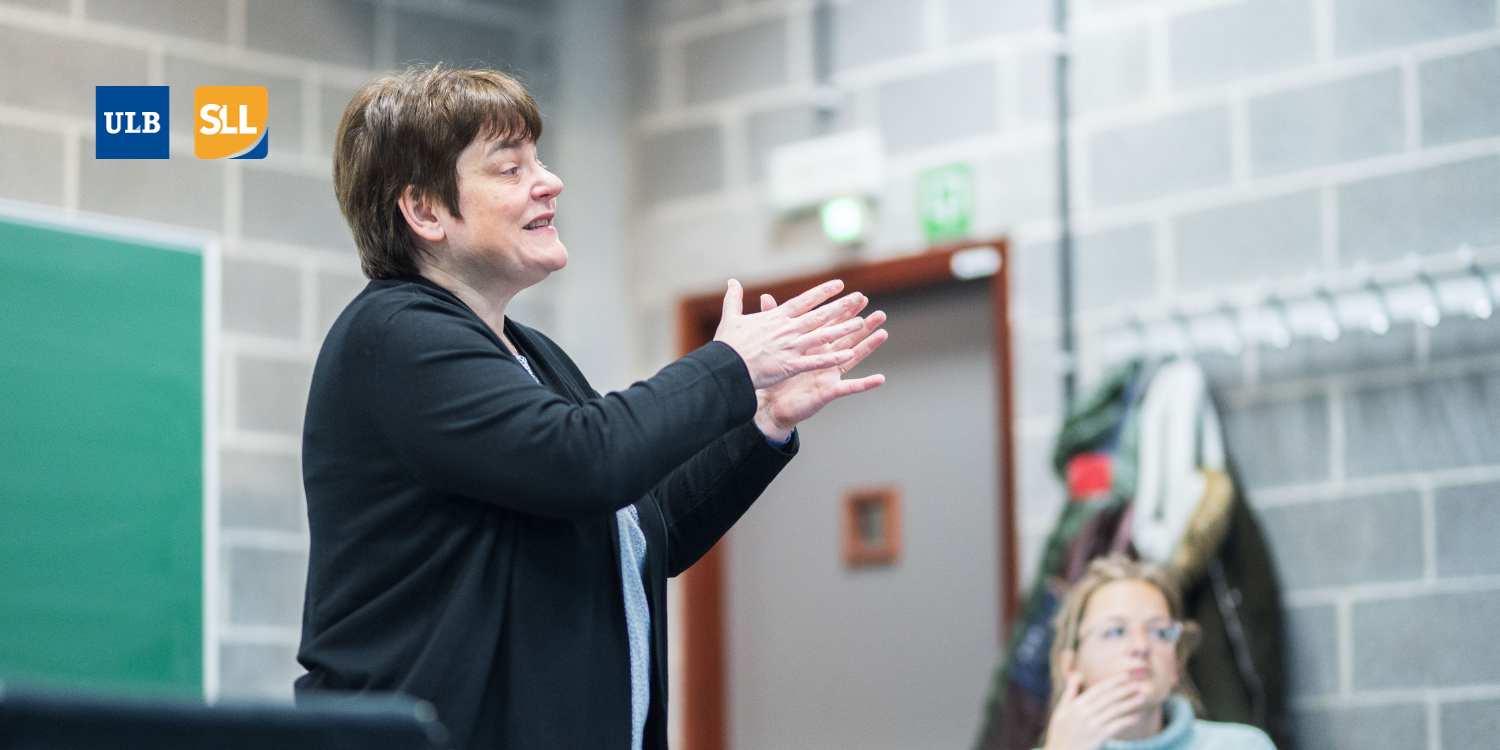Learn more about us.
How Can You Create Real Lasting Business Value From Big Data?

Martine George |Author
Dr George is the Academic Director of the Executive Programme in Business Analytics, Director of the EMBA Career Advancement Programme, & Executive Coach at SBS
.jpg)
Stay connected
Never miss the latest insights, blogs and news. Subscribe to our newsletter.
Leveraging Big Data is one of the major challenges businesses are facing nowadays. To confront it and develop new competitive edges, corporations hire a host of data scientists, business analytics specialists and computing experts. But are they aware this strategy actually lacks one key element?
Business analytics is a fashionable topic in the corporate world nowadays. Companies are becoming aware that they are sitting on heaps of valuable data from their daily operations. These data contain precious insights on their clients, their business processes and their markets.
However, there is no easy way for these organisations to dig into this data, digest them and analyse them, let alone act on them. This might seem surprising, given that most companies now have all the data specialists they need to do the job.
What are they missing?
Searching for the missing link
While there is no shortage of specialists, what most companies lack are generalists. They need “insiders” who, at the same time:
- have a very good understanding of the business
- have enough mastery of business analytics to be able to lead discussions with data specialists
- have the capacity to “connect the dots” and see the potential of data in creating value for the company and its customers.
Put another way, companies need “link creators”, people who can envision how data can be used to enhance the business and create added value, and act on that vision.
Breaking down silos
Another often-looked-for feature inside big companies is the ability to break down silos and foster communication and cooperation inside the company. This is especially important for projects involving big data. Due to their very nature, these projects need champions who can act as connectors between their business unit and the other business units involved in big data projects.
Creating “generalist champions”
We created our Executive Programme in Business Analytics with these two aspects in mind. The programme is based on five core principles:
- We work with a “team” of three people from three different departments inside the same company: the IT department, a business department and a department that takes part in the reporting process inside the company. When they get back to their company, they can contribute to breaking down silos by effectively collaborating on the implementation of their project.
- Each “class” involves teams from different industries. This allows for meaningful cross-fertilisation without having to deal with confidentiality issues that would arise if the groups came from the same industry. The participants can learn from each other and reflect on how best practices from a totally different industry could apply to their own.
- The programme itself is a fine balance between the study of core concepts and practical applications of these concepts through case studies – which is why our teachers come from both academic and business backgrounds.
- In addition to the sessions, at the end of the programme, the teams are asked to develop a “real-life” project for their company that will serve as a basis for practical exercises they will be doing with their teachers. This increases the chances that the project will live on after the programme and eventually bear fruit.
- The programme also includes group coaching and individual coaching. The group coaching is explicitly focused on helping the teams with their end projects. Individual coaching is dedicated to helping participants think about their newly acquired knowledge and how they can leverage it in their daily business life and their careers.
A very positive experience
In the previous editions of the programme, we had companies in the retail, pharma, energy, and automotive sectors as well as banks and insurers. We are very happy that 70% of the companies that took part in the first editions are still with us today. Some even organise internal contests to select the teams that will be sent to the programme!
Another source of satisfaction is that the projects our participants worked on either led to investments or acted as catalysts to spark new initiatives. This is a validation of our approach, and proof that such programmes can make a difference for our clients.
Stay connected
Never miss the latest insights, blogs and news. Subscribe to our newsletter.

Newsletter subscription
Never miss the latest insights, blogs and news
Subscribe to our newsletter and never miss the latest insights, events and blogs.
What other people like
Related blogs

Nicolas is a Professor of Innovation and Digital Business at Solvay Brussels School.
14/05/19

Dr George is the Academic Director of the Executive Programme in Business Analytics, Director of the EMBA Career Advancement Programme, & Executive Coach at SBS
16/04/19

